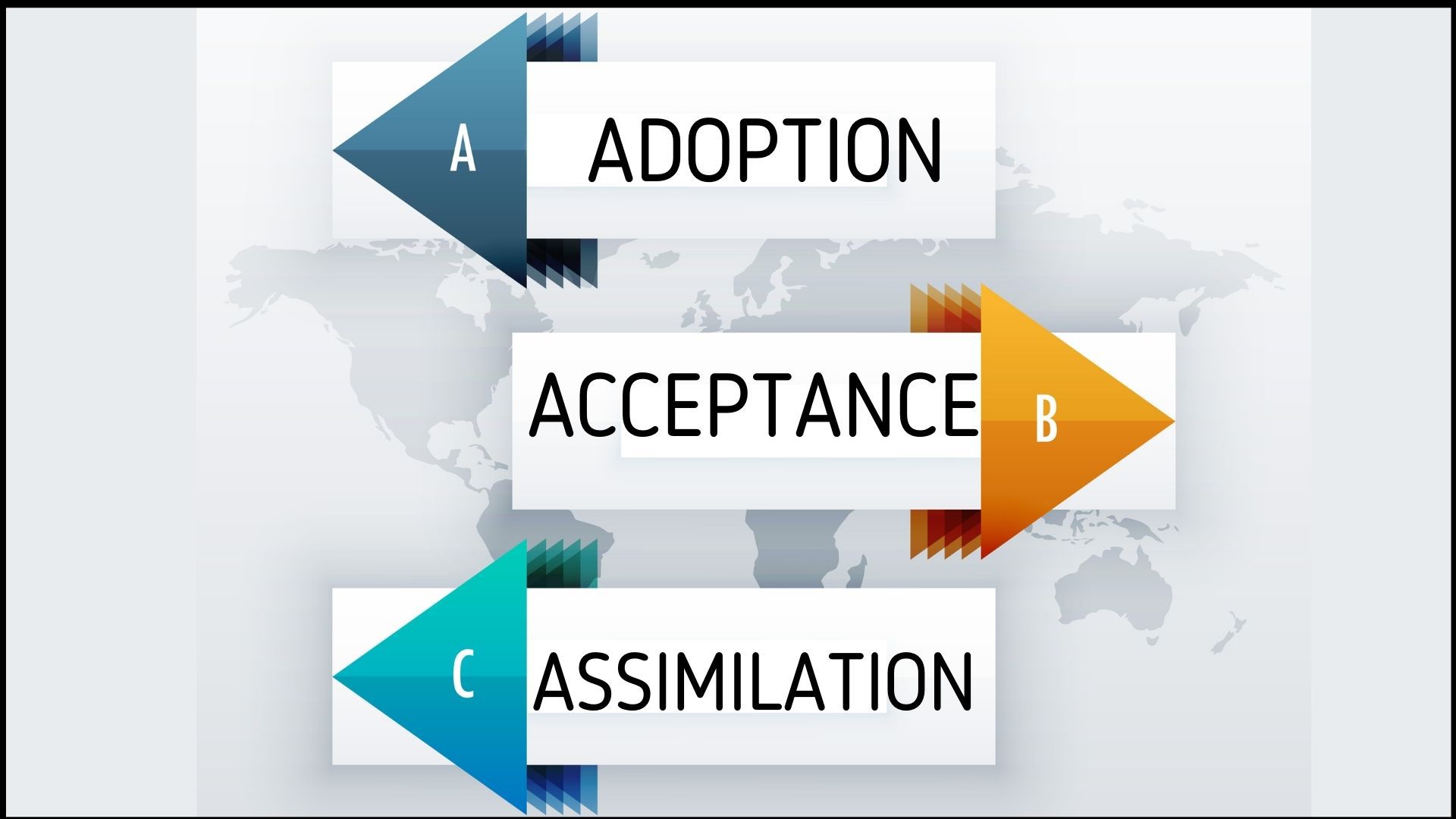Knowledge Management System is an IT system that an organization can use for storing and retrieving knowledge and relevant information, so employees and customers can easily access, create and share knowledge, information, and data.
In today’s IT-driven world, Knowledge Management has become one of the most fundamental tools to develop an organization’s existing knowledge platform. How any stand-alone organization presents its documentation to the audience will cater to form the crux of the KMS system.
The most prominent tenets of any given Knowledge Management system is the organization’s document depository, the training programs offered, FAQs, and the community it indulges.
Anything that forms a base for a user to go online and access knowledge builds up to a Knowledge Management System. In the context of an organization, it goes beyond just their documentation to include their firm’s norms and routine procedures that widen their user base.
In this post, we will dive deep into the world of what knowledge management system is and how an organization can incorporate it to optimize performance and profitability. So, without any further ado, let us get started-
Table of Contents
What is Knowledge Management Systems?
If a general question is posed to the society in general and organizations in particular, what is their strong point of reference? A most expected response would be knowledge, in the form of statistically developed models of data.
The matter at hand is how one harnesses this immense potential that knowledge has.
To start something new, an organization requires information. They need data to cater to the customers’ needs, organizational documentation, and defining ideals of their organization to the new employees. These are a few requirements that are met with an efficient Knowledge Management System.
When any institution faces a hindrance, it is easier to scrounge through an already existing knowledge system rather than starting from scratch. Time saved in this process can help any organization preserve the fortunes of money and brains wasted in brainstorming for a new solution every time.
As a useful business tool, KMS is used for businesses for optimizing the flow of knowledge in their organization. KMS tools can be highly helpful in improving customer support operations and ensuring more effective collaboration amongst different support agents.
Let us now have a look at different stages through which an effective KMS goes through-
Three Stages to the Successful Implementation of KMS
Any successful adoption of a knowledge management system is based on how ideally it matches to the existing fabric of that organization. Thus, a ground-up or bottom-to-top view is considered before choosing an ideal KMS.
The reference point of a sound knowledge management system is the ‘User.’ The organization has to know the quality of its customers and adopt techniques to answer their queries accordingly.
The three stages to an ideal KMS are adopting the system, accepting its nuances, and assimilating the same to the current organizational base.
1. Adoption
Refers to making the most suitable and intuitive choice of a system to match the UX requirements, after a detailed analysis of any organization.
The adopted KM system has to be a user-friendly idol. Adoption designs influence the characteristics of communication and the innovative factor of the organization.
It also requires a cost-benefit analysis and how the system shall foster rather than hinder the organizational progress.
2. Acceptance
The performance levels of the employees in any organization is measured by the acceptance and understanding of the KM system adopted by it.
Ease of communication stems from how your employees, as well as users, understand your system fairly.
To what level are users involved in the process of evaluation of the system defines the level of the managerial finesse of the KM system.
3. Assimilation
Updation is the next important step after installation. How much your KMS is up to date with the new data and incoming information forms a strong base. Working on factors that would attract ratings to the adopted KMS and help maintain the cost-to-benefit ratio after installation are core aspects of assimilation.
It is recommended to include all the levels of management in an organization to have ideal assimilation of the KMS.
Benefits of the Knowledge Management System
An ideal Knowledge Management System helps to systematize the orientation of the organization.
It serves as a medium to define what an organization stands for. A well-suited system promotes progressive sales, employee loyalty, as well as a structured training fabric.
1. Benefits of KMS to the customers
Your organization’s KMS helps define the ease of use. Users today expect a fast response time and attain quick, mechanical fixes to their problems rather than a time-consuming conversation with any person in charge. It offers-
- Easy and faster problem solving
- On-demand solutions
- Sharing of expert knowledge, so no need to seek help anywhere else
2. Benefits of KMS to the employees
The more comfortable the access to an organization’s knowledge base is for an employee, the better is the communication channel in an organization. The lesser they have to exert efforts to have access to the depository, the better is the quality of the personnel. It ensures-
- Reduction in costs of customer support
- Effective training of employees and teams
- Better search engine ranking thanks to the optimization potential of public knowledge bases
An efficient KMS can help drive business growth in more than one way. An ideal investment into a KMS today pays dividends in the future.
These dividends are in the form of monetary benefits, a systematized model of instruction, and goodwill among the users and employees.
Let us have a look at different types of Knowledge Management Systems here and now-
4 Types of Knowledge Management Systems
- Customer Support KMS
- Expert Knowledge KMS
- Document Management System
- Database Management System
5 Most User-friendly KMS platforms
Although there are numerous platforms to access an ideal KMS for your organization, the following platforms have managed to gather: humungous goodwill over the years in terms of their user-friendliness, accessibility as well as cost-benefit balance.
1. WordPress
This KMS platform serves as an all-rounder quick fix to all types of client management requirements. It gives the user a creative license according to the requirement.
It is considered the best fit for all kinds of knowledge bases. It is cost-efficient, plus it includes thousands of theme designs, SEO, plugins, etc.
2.Document360
It is a wholesome platform offering self-service to organize, assembling, and retrieving information. It includes features like powerful editors, different dashboards, Google-like drive, third-party integration, etc.
3. HelpJuice
This is a go-to for modern-day start-ups and MSMEs. It is famous for its easy accessibility as well as a built-in editor to have customized work history.
It has an editor, 3rd party integration, themes, and customization.
4. ZOHO WIKI
A one-step solution to affordable and essential business tools caters to small and private businesses. It offers simple content management, plus you can control user permissions, categorize content, ensure third-party integrations, etc.
5. Lessonly
It is somewhat developed management software, mostly catering to employee training. It uses visual tools for inducing cooperation and communication among the working personnel of an organization.
It includes a simple course builder and dashboard along with third-party integrations, stats, and reports.
Challenges to Adopting a Knowledge Management System
Even though an aptly designed statistical KMS be a beautiful addition to an organization, these systems come with the flip side to the coin.
- The benefits of these systems come into effect only when there is an ideal balance between the psychological fabrics of the employees on the one hand and the technological investment on the other.
- If a shared goal is absent in the organization, the entire investment in the KMS is futile. The issue of reciprocity also hinders its efficiency as there is a lack of incentive for employees and users.
Final Thoughts!
These KMS help cure issues concerning active user-base and loss of information but only when the organization manages to convince its user base about the future returns from the KMS.
If your organization’s vision is futuristic, Knowledge Management Systems are easily the best fix.
Now it is your turn!
Tell us how important do you consider Knowledge Management System? Share the list of your favorite KMS in the comment section below.
Liked this post? Check out the complete series on Management

